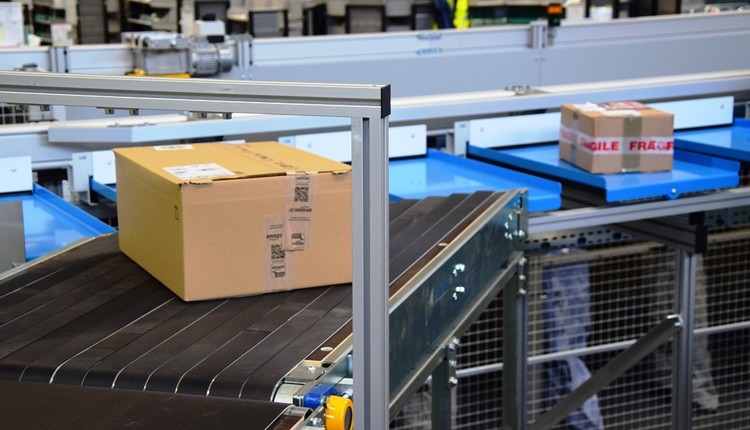| Owners and decision makers of Canadian small and medium-sized enterprises (SMEs) believe the country's exporters should be concerned about the impact of the United States' rising national debt and begin looking for markets beyond the U.S. According to a quarterly survey of SMEs conducted by Angus Reid and commissioned by UPS Canada, 85 per cent of SMEs say the rising debt level in the U.S. is a cause for concern and 60 per cent say exporters should seek other options immediately. The numbers come on the heels of recently released projections from Export Development Canada (EDC) that indicate Canada's exports will be back to pre-recession levels by 2012 and that emerging markets will account for 50 per cent of Canadian exports by 2025. "Many businesses are beginning to see that there are advantages to diversifying exports so that there's a healthy balance between their reliance on the U.S. market and other strategic global markets," said Mike Tierney, president, UPS Canada. "Canadian economists and the Bank of Canada have long called for the diversification of Canadian exports and it seems many of the country's SMEs are beginning to take heed." Outside of the oft-touted BRIC nations, SMEs point to Korea and Mexico as attractive emerging markets, but remain leery of other markets identified by economists as having great potential, including Turkey, Indonesia and the Philippines. Many SMEs believe shifts in the federal government's export focus could help encourage businesses to engage in export, including 59 per cent that say the government is not investing in the right places to drive Canada's exports and 57 per cent that believe the government's export-oriented decisions are focused on benefitting large corporations. "Global trade can often seem daunting to some SMEs, so many are looking to government officials to make the process easier and less risky," said Tierney, noting that 69 per cent of SMEs say they have no intention of ever going global. Most SMEs were closely split about the industries into which they believe the government should be investing to drive exports, which include clean/green tech (35 per cent), new/computer technology (39 per cent), natural resources (31 per cent) and post-secondary education and training (30 per cent). However, only 21 per cent felt more investment should be funnelled into traditional manufacturing. Interestingly, most of the SMEs surveyed appear to be shielded from some of the more dramatic economic changes in recent years, including the influx of foreign competitors, the rising cost of fuel and the rising value of the Canadian dollar. In fact, 63 per cent of SMEs say foreign competition has had no impact at all on their business while 54 per cent say they have been equally unaffected by the rising loonie and 69 per cent say they have not had to alter their business strategy to account for the rising cost of fuel. However, 25 per cent say the recent strength of the loonie has made it more economical for them to buy supplies and materials from outside the country, while 11 per cent say the high loonie has made their products too expensive to sell in international markets. "Due to their reluctance to go global, many Canadians SMEs have been generally insulated from some of the harsher effects of the recent recession," said Tierney. "While that may seem like a benefit at this moment, many of these businesses are limiting their growth potential and setting themselves up for competitive disadvantage in the long term." Tierney notes that while many SMEs associate less risk with less loss, their overseas counterparts are playing by the motto of "little risk-little reward" and are making leaps and bounds to secure a foothold in international markets. As the country head of one of the world's largest supply chain management and logistics companies, Tierney notes the EDC's projections for 2012 and beyond are a telling sign that things are changing and says Canadian SMEs should jump on the global bandwagon. The Vision Critical / Angus Reid Public Opinion survey was conducted from May 26 to June 2, 2011 among 546 randomly selected Canadian adults who own a small- to medium-sized enterprise (SME) and are Angus Reid Forum panellists. The margin of error—which measures sampling variability—is +/- 4.19%. Discrepancies in or between totals are due to rounding. |



